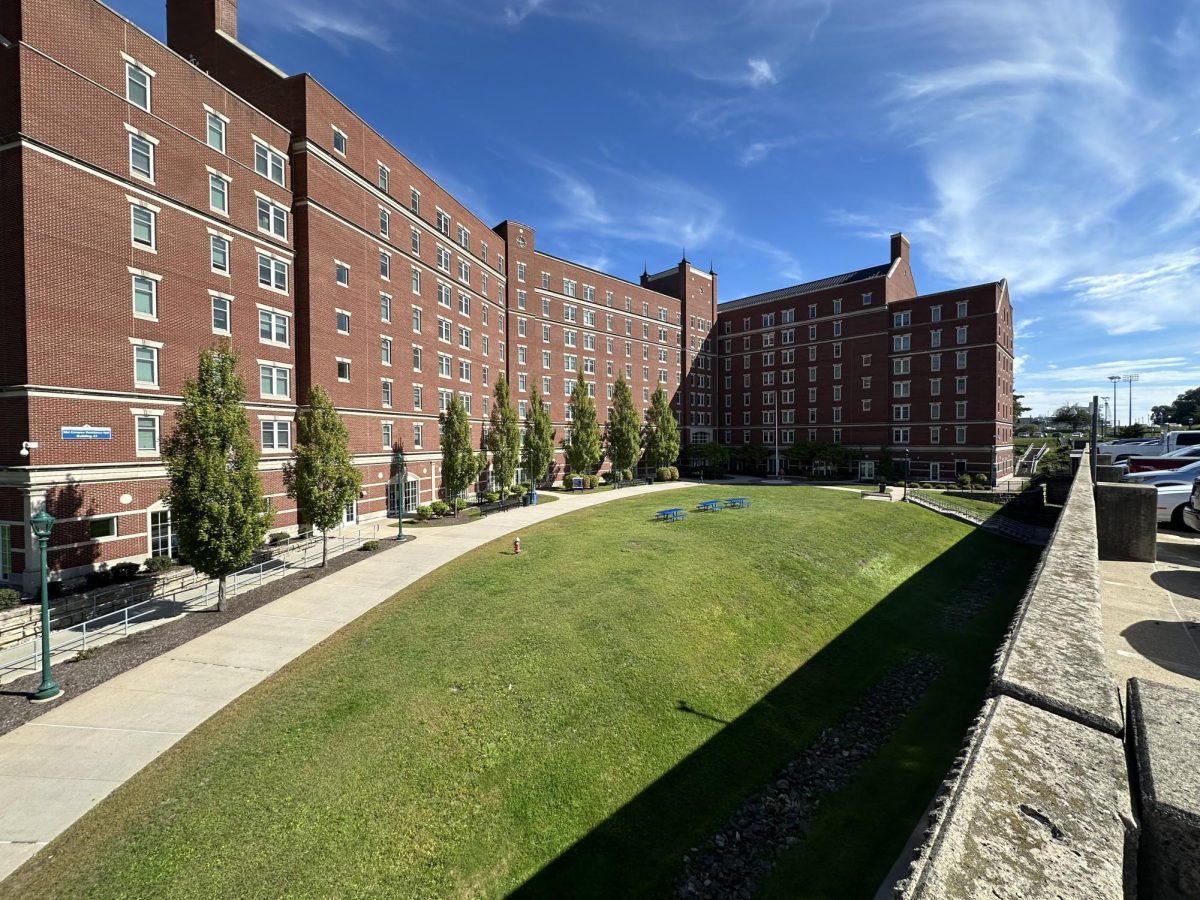by Nicholas Leahey
Negotiations over the Collective Bargaining Agreement between the Connecticut State University American Association of University Professors (CSU-AAUP) and the Board of Regents (BOR) are still in gridlock, as the March 1st arbitration deadline fast approaches.
At the center of the conflict is the issue of faculty tenure, in which members of the CSU-AAUP are adamant that the current BOR contract proposal undermines the concept of tenure, even after BOR claimed otherwise.
“Ojakian talks about ‘reasonable flexibility,’ but what does that mean exactly?”said Associate Professor of sociology and CSU-AAUP Union Council Member, John O’Connor.
When defending their position, union members point to article 4.5 of the BOR contract proposal, which outlines the conditions of tenure. Article 4.5 states the necessity to move faculty from one institution to another if it’s in the best interest of the Connecticut State University System (CSUS).
According to the proposal, a faculty member would only maintain tenure through a mutual agreement between them and the receiving department and university. Because tenure is handed out by individual institutions, if an agreement is not reached, the faculty member would be credited with serving up to three years of a full time service at the receiving university, causing them to effectively lose tenure.
The conditions outlined in the proposal differ greatly from the current collective bargaining agreement, which states a professor would maintain tenure at a receiving university upon acceptance and agreement to uphold tenure.
According to The CT Mirror, CSCU President Mark Ojakian refuted the claims by the CSU-AAUP, stating moving professors and losing tenure was never on the table. He blamed “misinformation” for the cause of all the criticism the BOR has received.
The ability to move faculty around at the mercy of individual institutions and BOR, has led to an outpour of criticism from the CSU-AAUP over the value of tenure.
“By moving faculty around, you’re undermining tenure,” said O’Connor.
The proposal by the BOR would also make it more difficult for librarians and counselors to obtain a tenured position, based on new stricter evaluation protocols. These are outlined as term appointments, calling for regular evaluations and reviews.
To make matters more complicated, the conundrum of tenured poetry professor Ravi Shankar still lingers around as an issue. He was placed on leave without pay last year after being convicted for stealing more than $1,000 from Home Depot in Middletown. Shankar was still granted tenure, while serving time in prison last year. While the CSU-AAUP has not publicly defended his case in particular, grievance procedures have been in motion and due process has been followed in accordance with CSU-AAUP union obligations. His future as a professor is still unclear, as union and administrative officials have remained tight-lipped on the matter.
In order for a faculty member to obtain tenure, they must endure a rigorous six year probationary process, which involves a yearly evaluation and review, before submitting to a committee review for the award of tenure. The professor is evaluated specifically on the quality of their teaching and research, their service to the university and department, as well as their professional service and contributions to their respective field. After obtaining the award, the professor then goes through an evaluation process every six years.
Based on the CSU-AAUP 1940 Statement of Principles on Academic Freedom and Tenure, the goal of tenure is outlined as the protection of academic freedom. Thus, it protects the professors from scrutiny when teaching controversial or unpopular topics in order to better understand a subject matter.
“It creates a rich environment for students,” said CSU-AAUP Director of Member Services, Caryl Schiff-Greatorex in an interview.
Regardless of the issue surrounding it, many consider tenure to be one of the key cornerstones of education.
“It is so that we are able to think critically,” said professor of Latin-American history Mary Ann Mahoney, who is also active with the AAUP. She herself has taught controversial topics in her classroom, and understands the need for it.
The BOR meeting Thursday was the last before the arbitration deadline arrives in a little more than a month. President Ojakian himself is scheduled to meet with members of the faculty and students to hear concerns Feb. 4th.
“I’m hopeful Ojakian will get the proposals off the table,” said O’Connor.
Negotiations Over Tenure Continue as Deadline Approaches
January 27, 2016
0
Tags:
More to Discover


